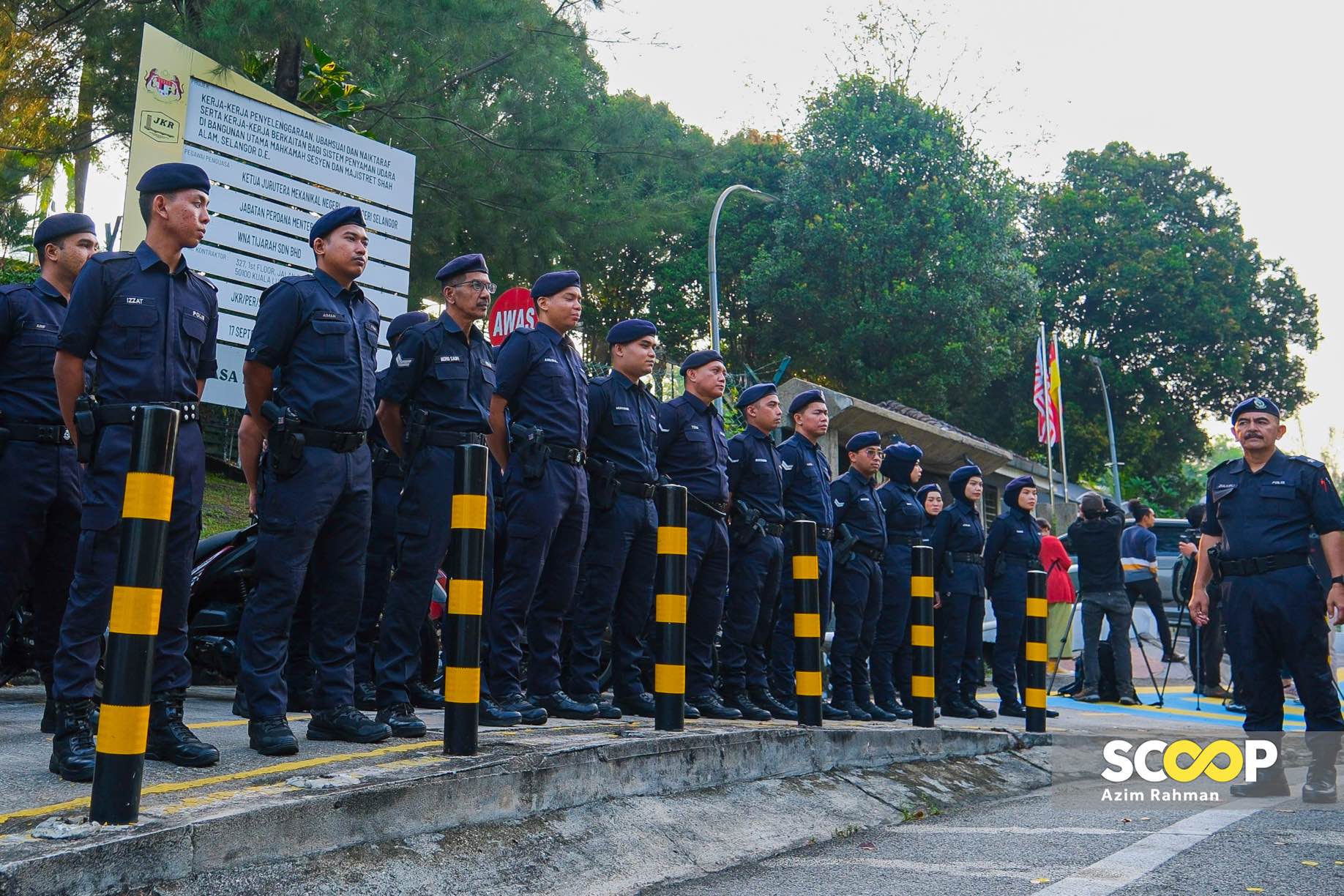KUALA LUMPUR — Body mass index (BMI) alone may not be the perfect measure for ideal health and fitness. Instead, additional indicators should also be considered to gain a more comprehensive understanding of an individual’s overall well-being.
The Royal Malaysian Police (PDRM) recently introduced a BMI requirement of less than 28 for promotions, which has been hailed as a progressive step. However, is PDRM setting the bar too low by implementing this criterion?
Several quarters, including former inspector-general of police (IGP) Tan Sri Musa Hassan and medical experts, argue that BMI alone may not provide an accurate picture of health and fitness. They recommend additional metrics to paint a more comprehensive view.
On Thursday, current IGP Tan Sri Razarudin Husain announced the BMI requirement as part of a new promotion criterion for officers, applicable to both acting appointments and permanent promotions.
Generally, a healthy BMI—calculated based on a person’s weight relative to their height—ranges between 18.5 and 24.9 kg/m². A BMI of 25 to 29.9 is considered overweight, while anything above 30 is classified as obese, according to the World Health Organisation.
Musa, who retired in 2010, told Scoop that while a BMI below 25 would be ideal for police officers, PDRM has consistently emphasised health and fitness among its staff.
“PDRM has long prioritised the health and fitness of its officers. Regular health screenings were conducted to ensure they could perform their duties effectively,” Musa said.
“Making BMI a promotion criterion will encourage officers to maintain a healthy weight. In the past, overweight officers were required to undergo weight loss and training programmes. Police officers must monitor their health as they need to be fit to serve the public,” he added.
Medical professionals who prefer to speak on anonymity, however, caution against relying solely on BMI as a measure of fitness and health.
A doctor from a private hospital said, “BMI should not be the sole benchmark; perhaps 20 or 30 years ago, it might have been. I would suggest incorporating waist circumference measurements and screening for other metabolic diseases.”
“Many people misunderstand BMI. Take a national bodybuilder as an example— his BMI may be over 30, but it is due to muscle mass, not (necessarily) obesity.
“PDRM could lead the way by mandating occupational health screenings. This could include cholesterol levels, blood sugar, and waist circumference in addition to BMI. For officers over 40, they could utilise existing programmes like free Socso health screenings,” the doctor added.
Another health practitioner echoed similar sentiments: “BMI is only an initial indicator of potential health. It simply shows the ratio of height to weight. Using 28 as a benchmark is a good start, but it shouldn’t stand alone.
“Body fat analysis would provide a more accurate picture. A slightly high BMI with low body fat is generally still healthy.”
Ultimately, the expectation is that police officers should be fit and capable to serve the public.
As the practitioner put it, “It would be troubling to see officers unable to run more than 10 metres without gasping for breath. Annual health screenings should be made compulsory.”
Neighbouring countries such as Thailand and Singapore also take police fitness seriously, with overweight officers often required to attend specialised boot camps or extended training sessions to manage their weight. — January 19, 2025


